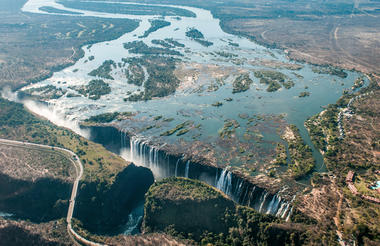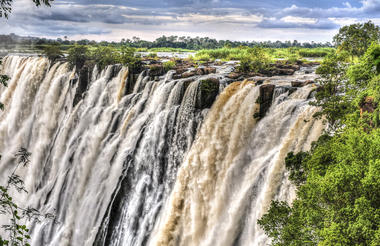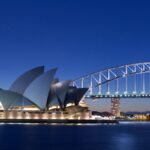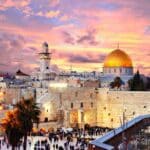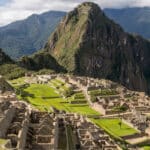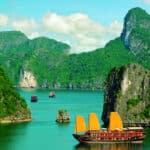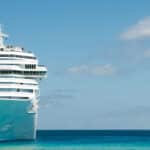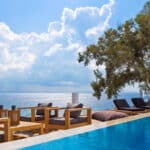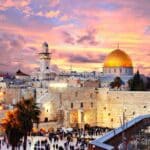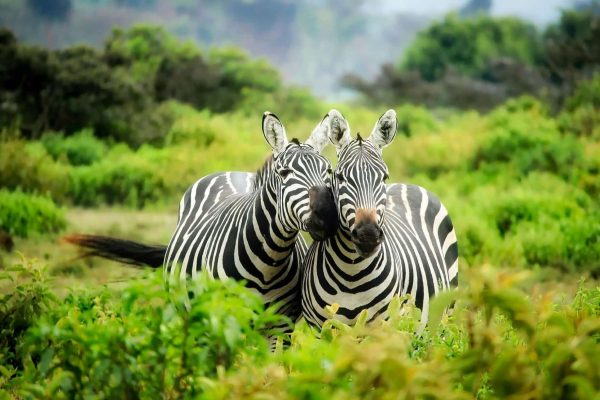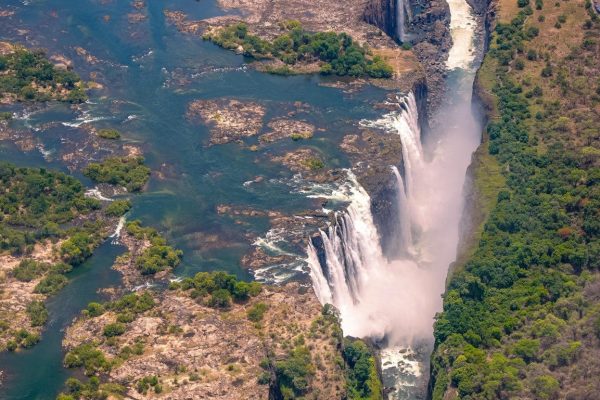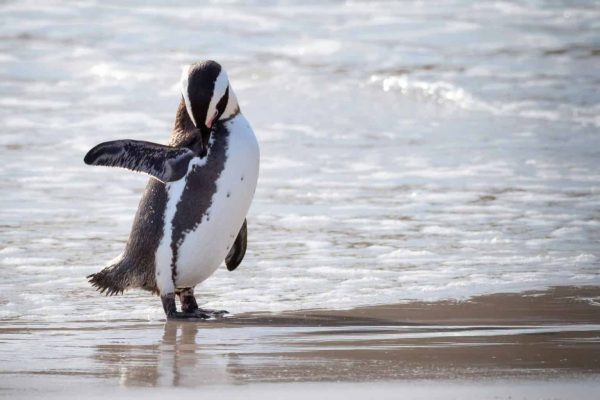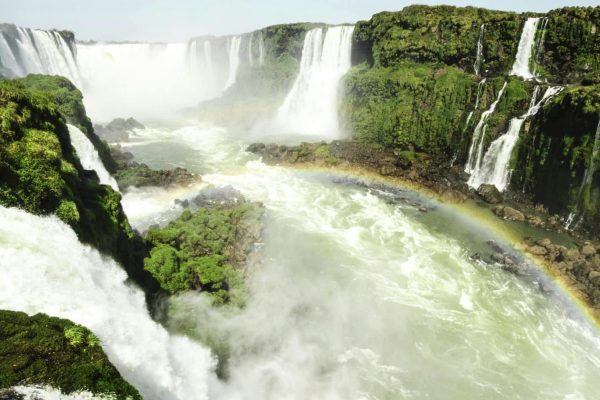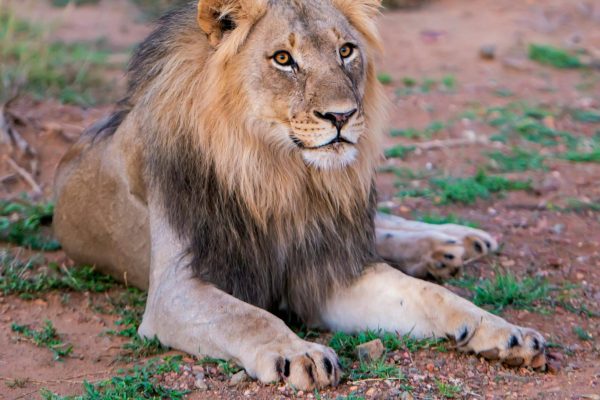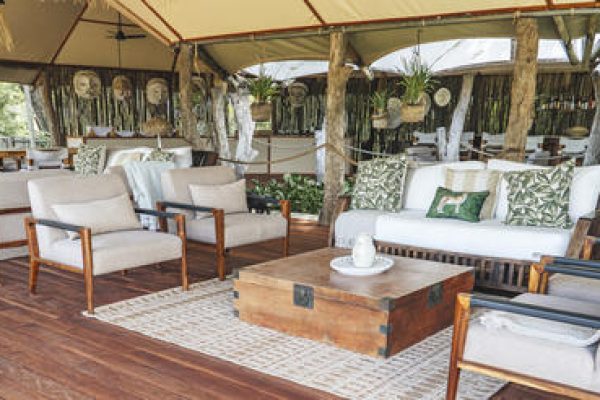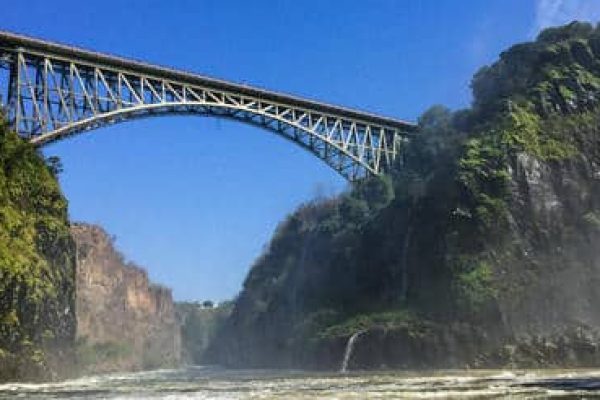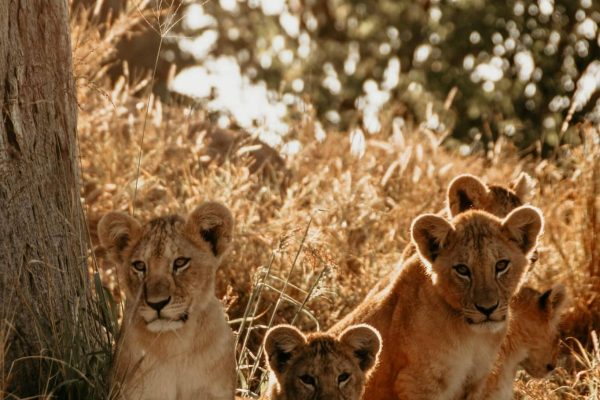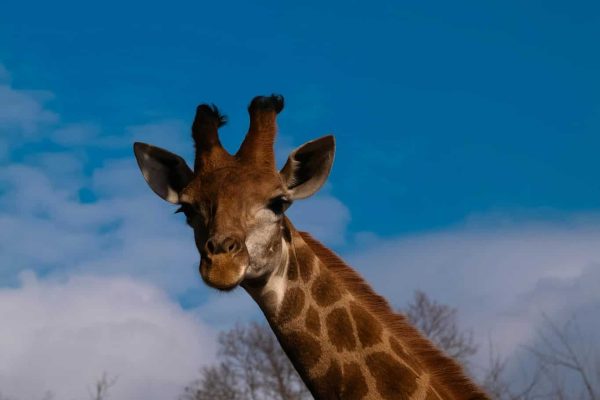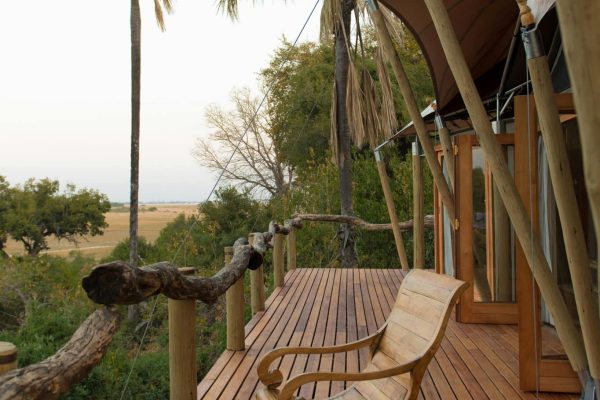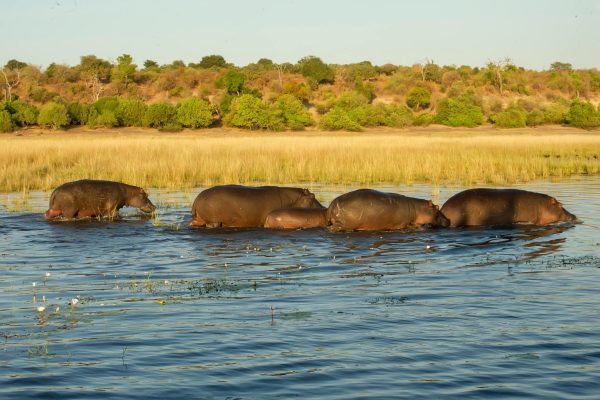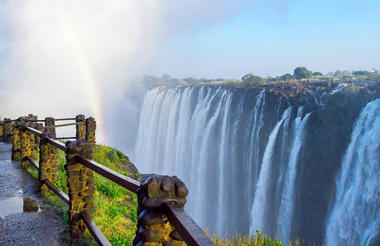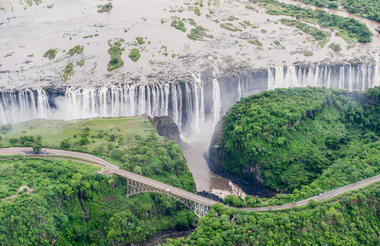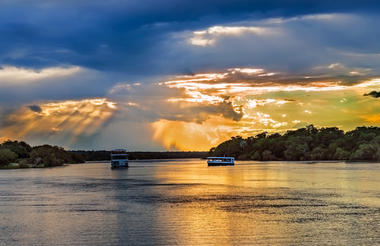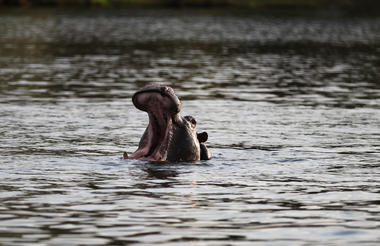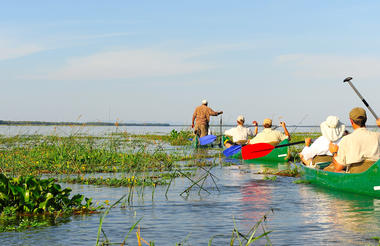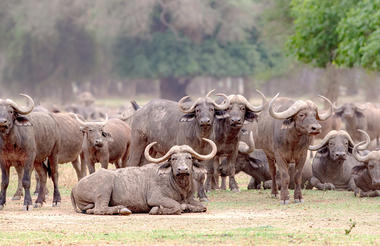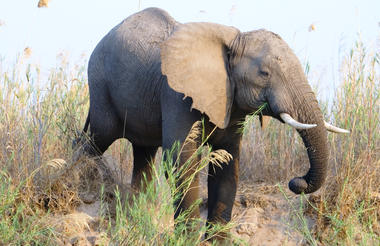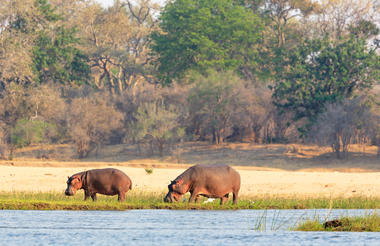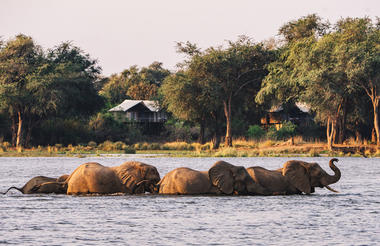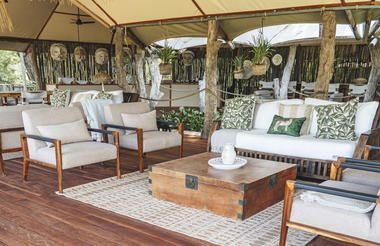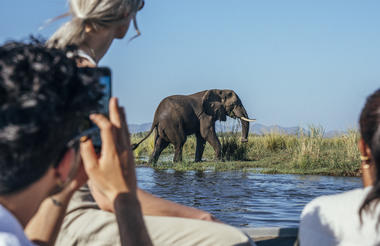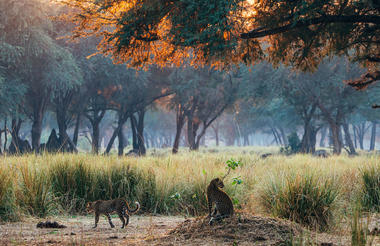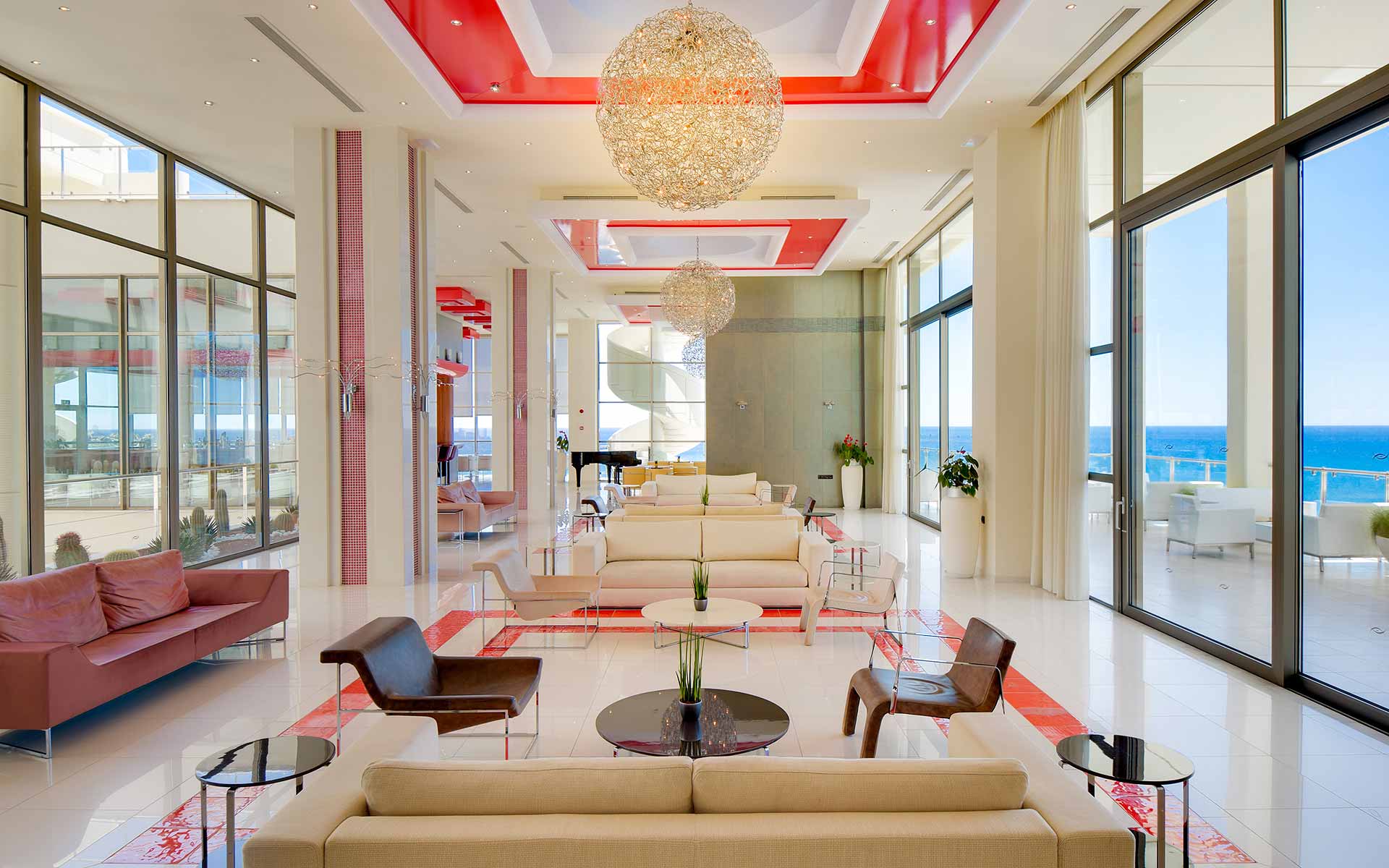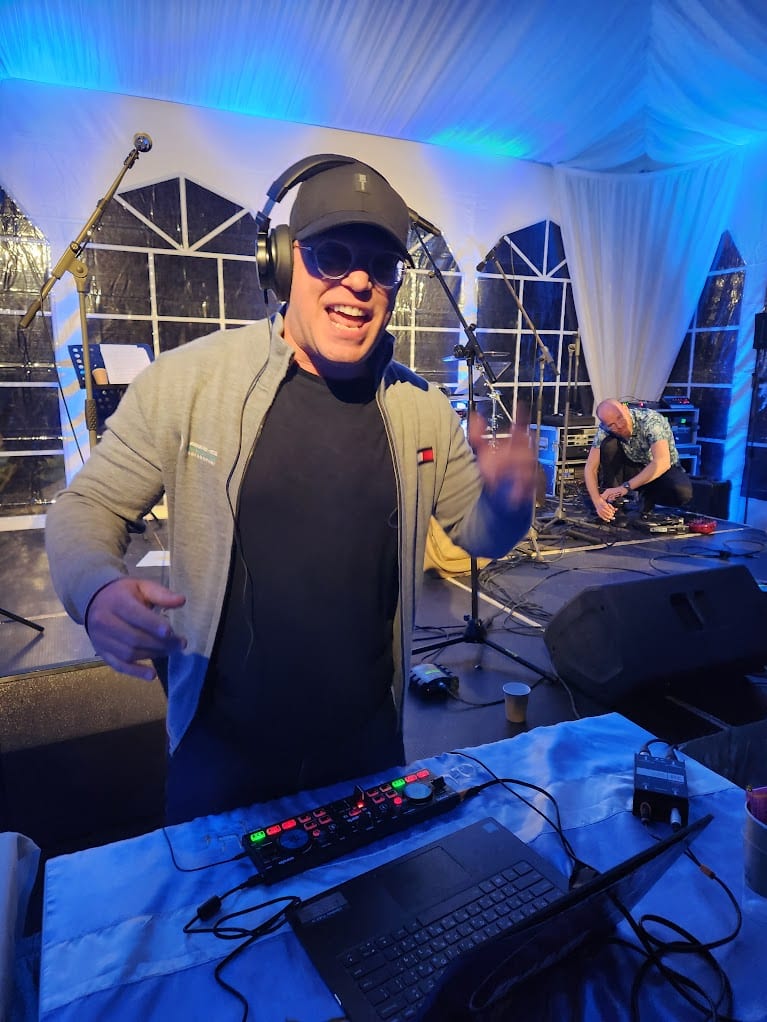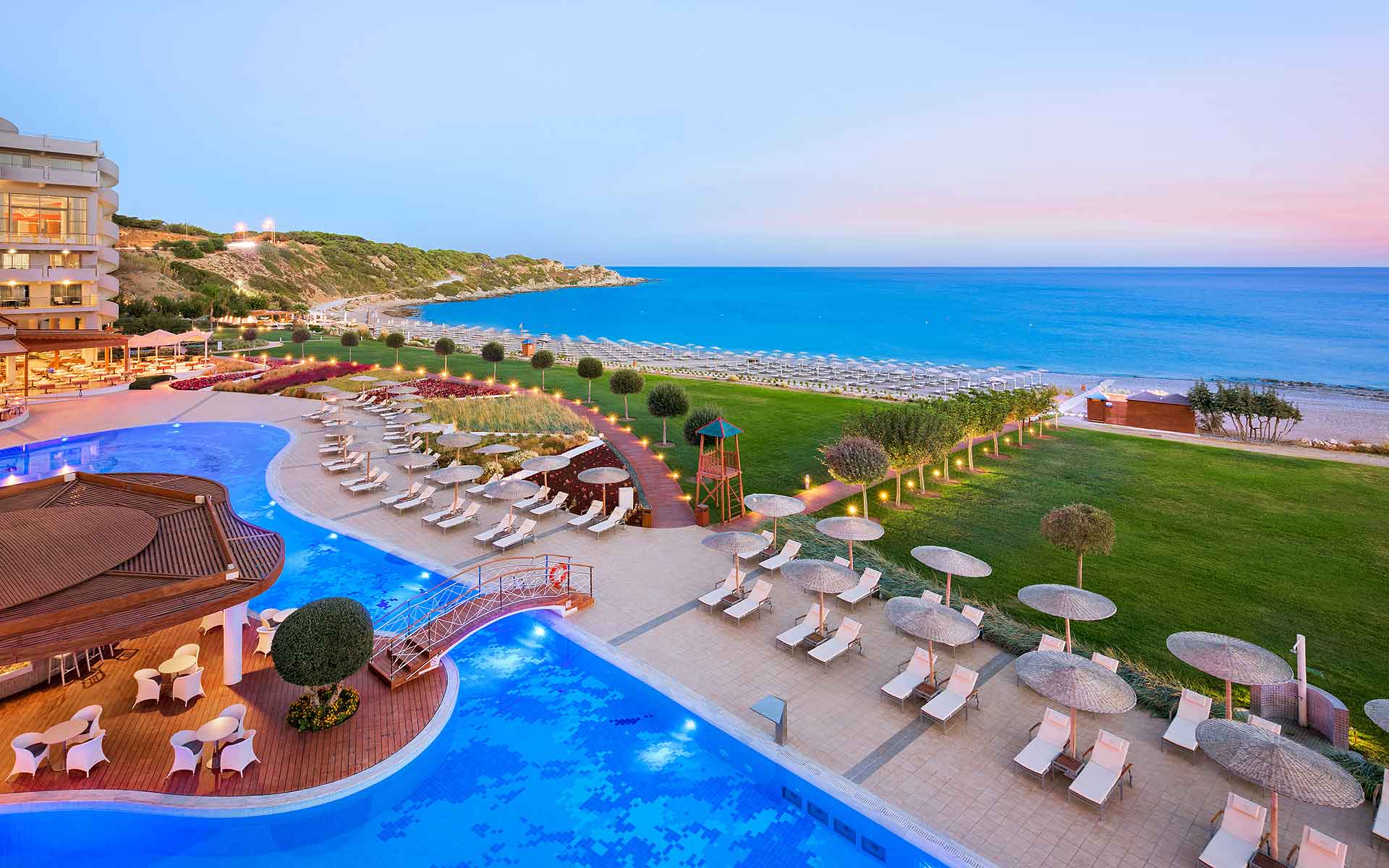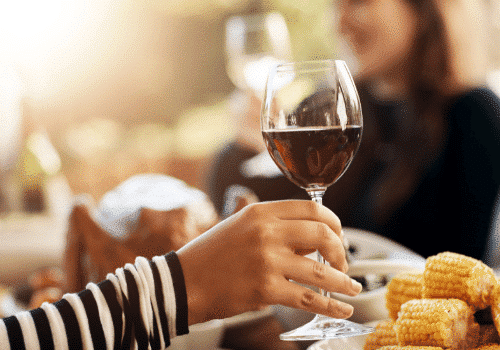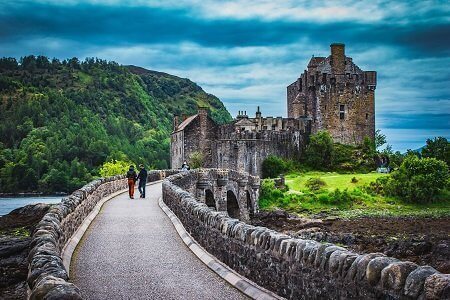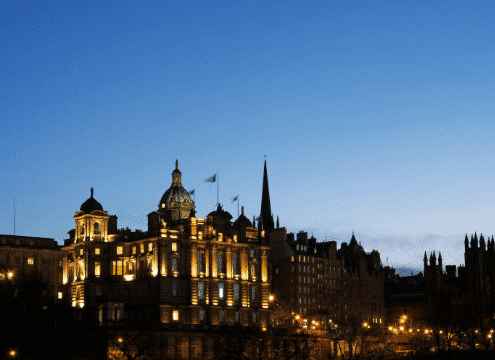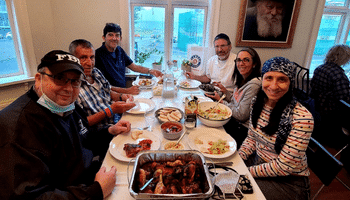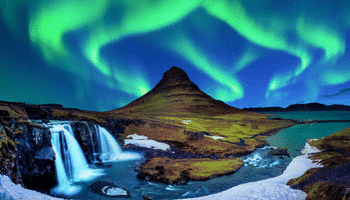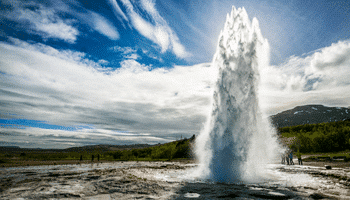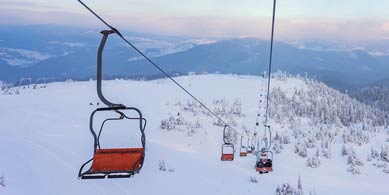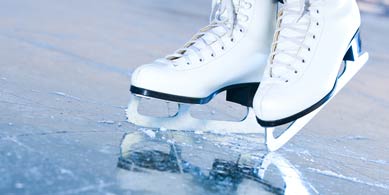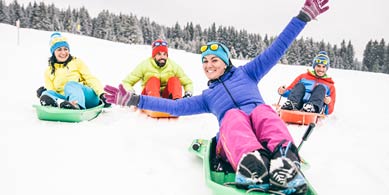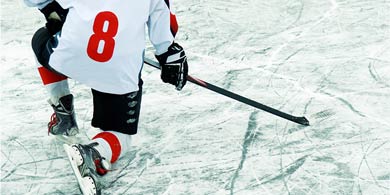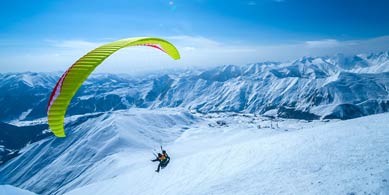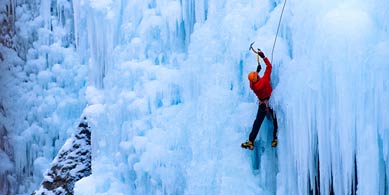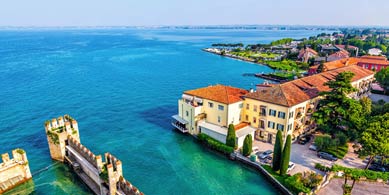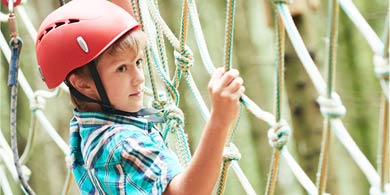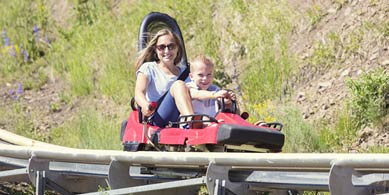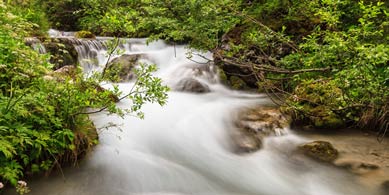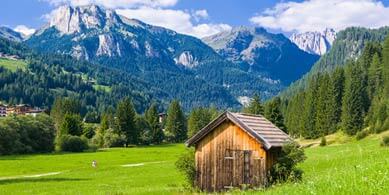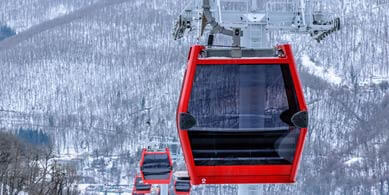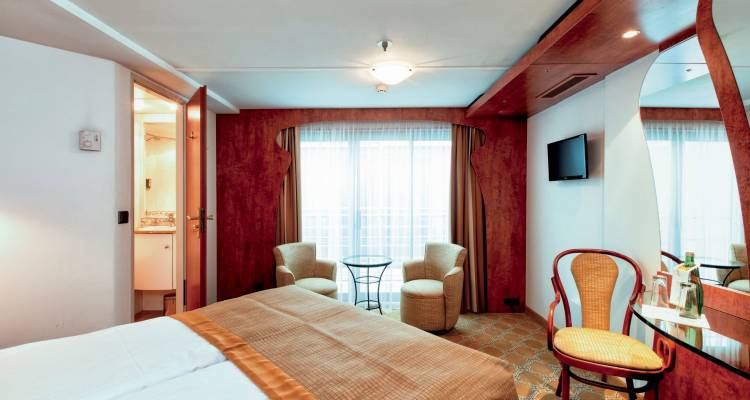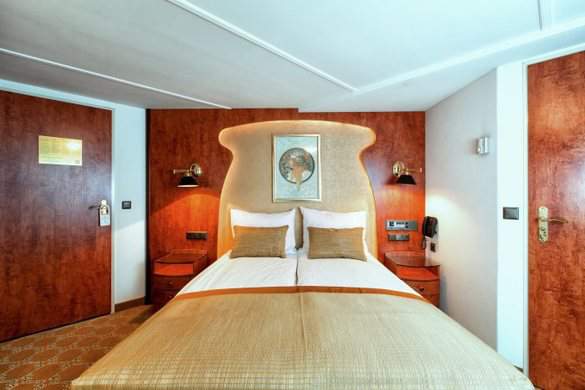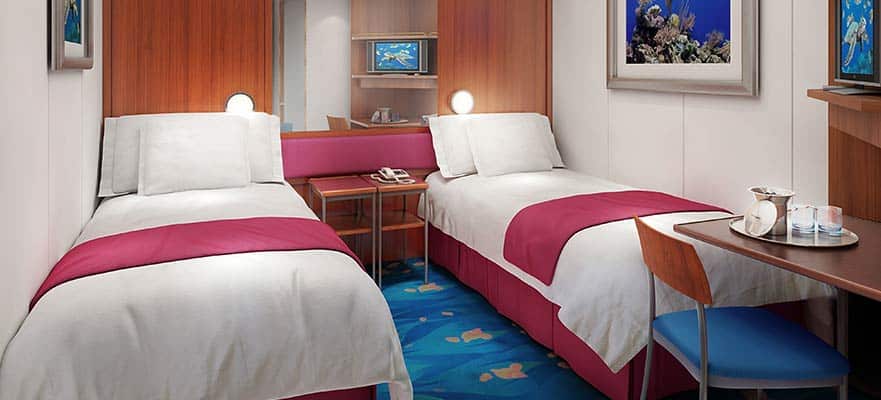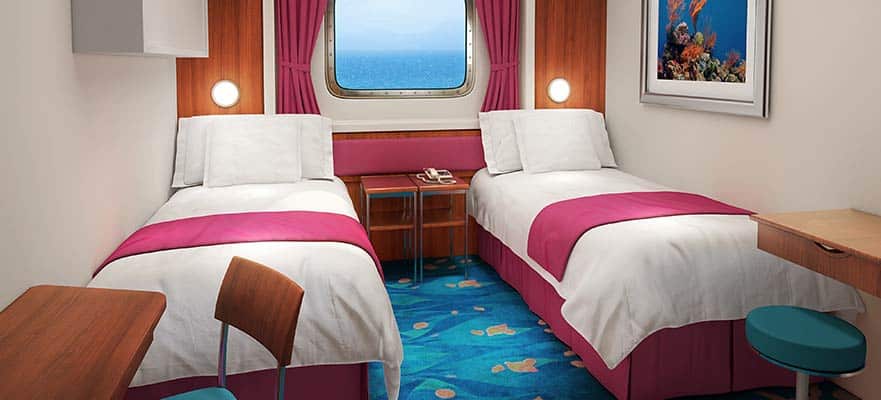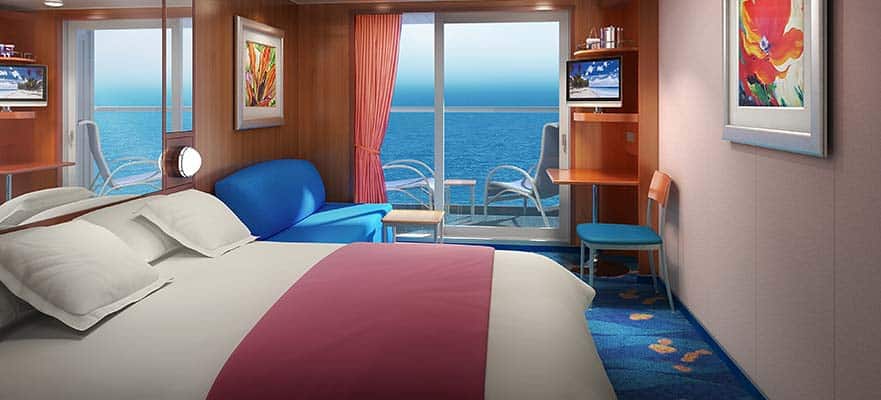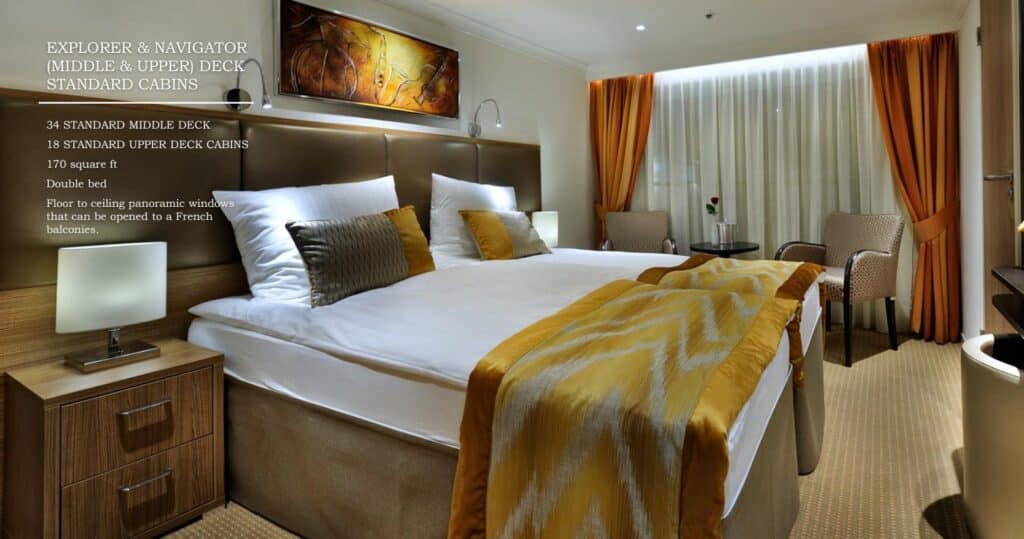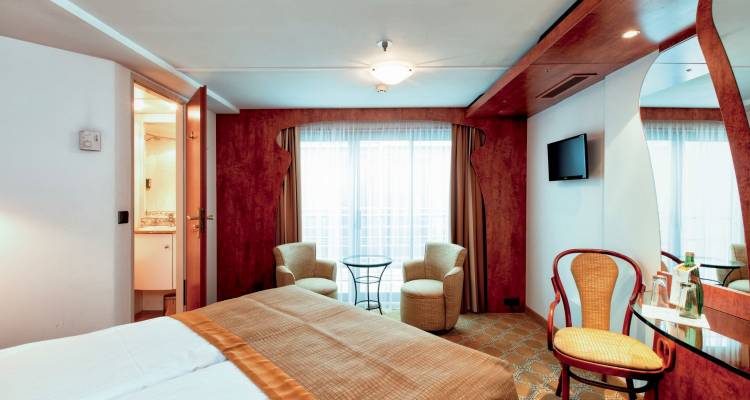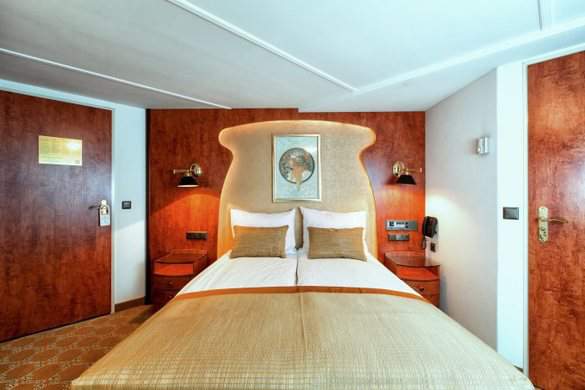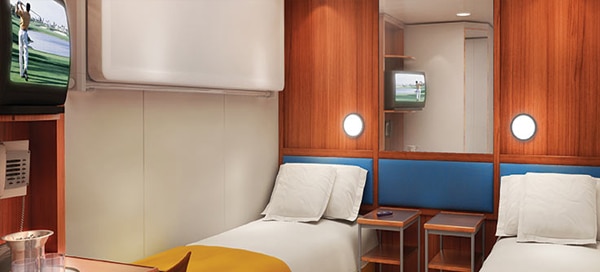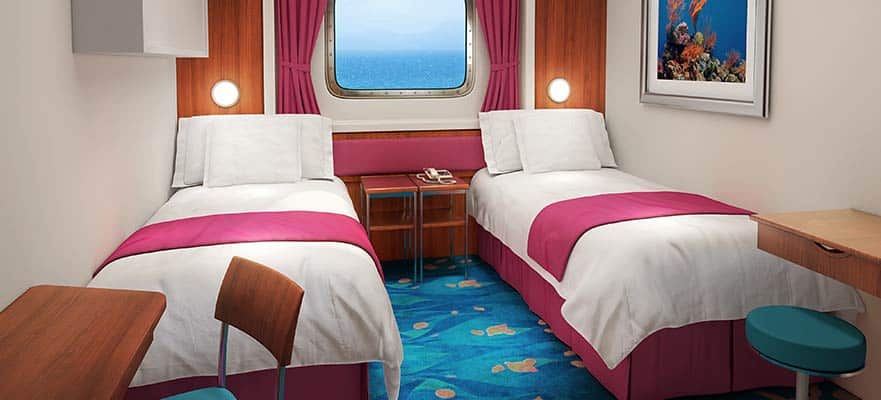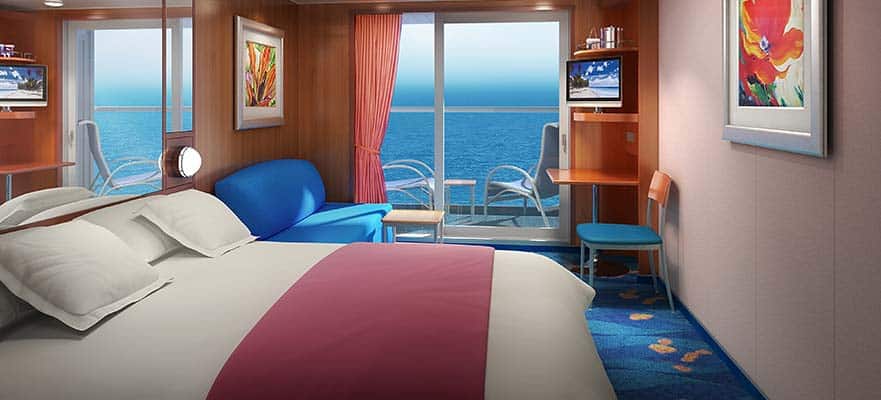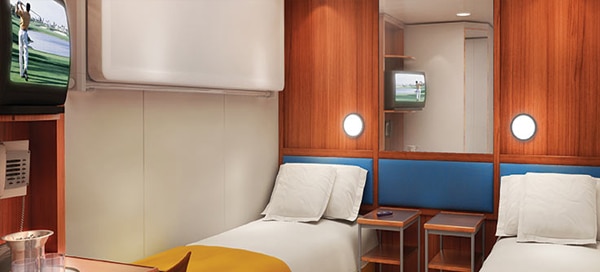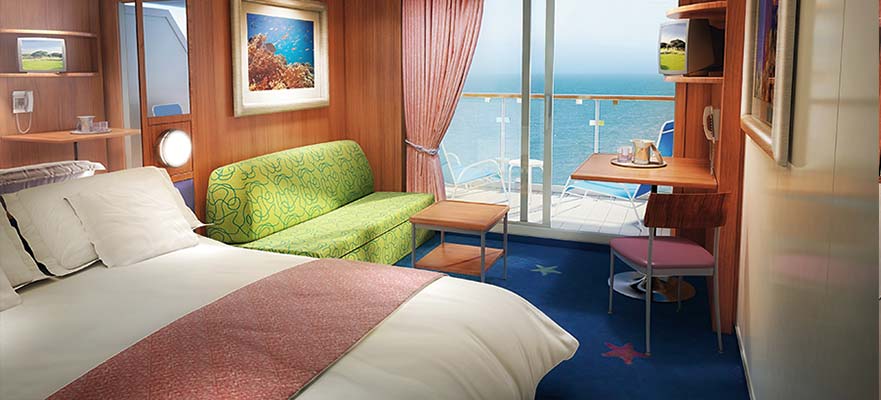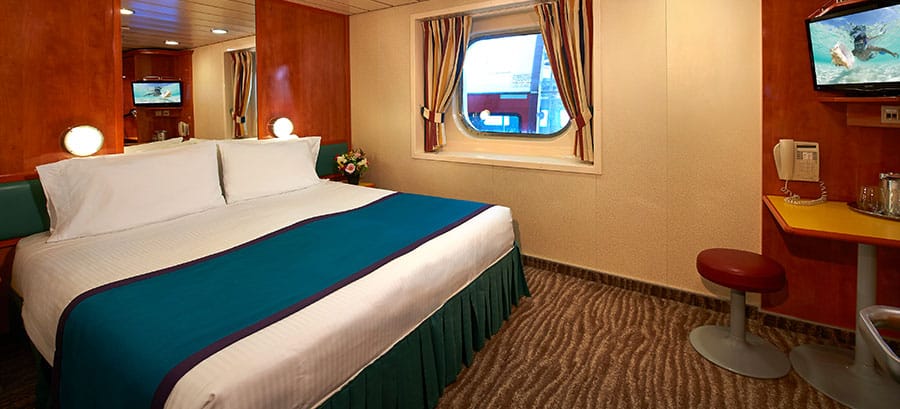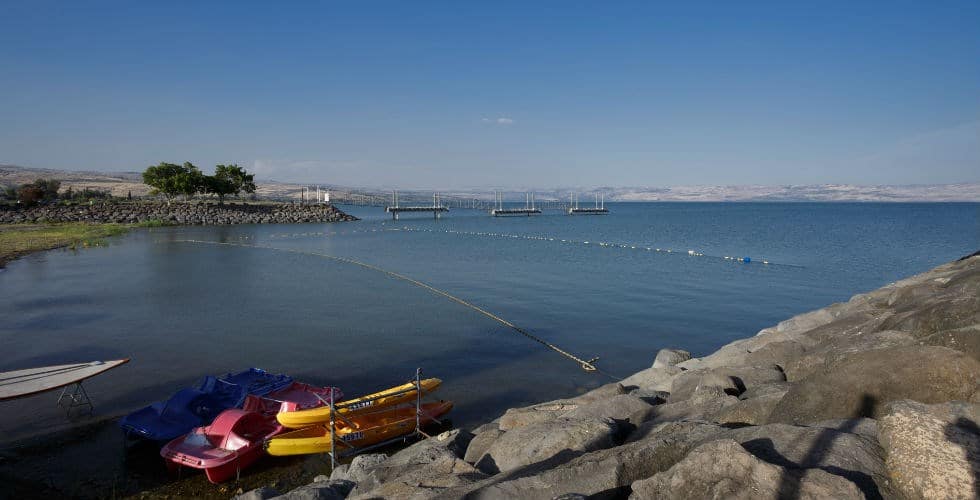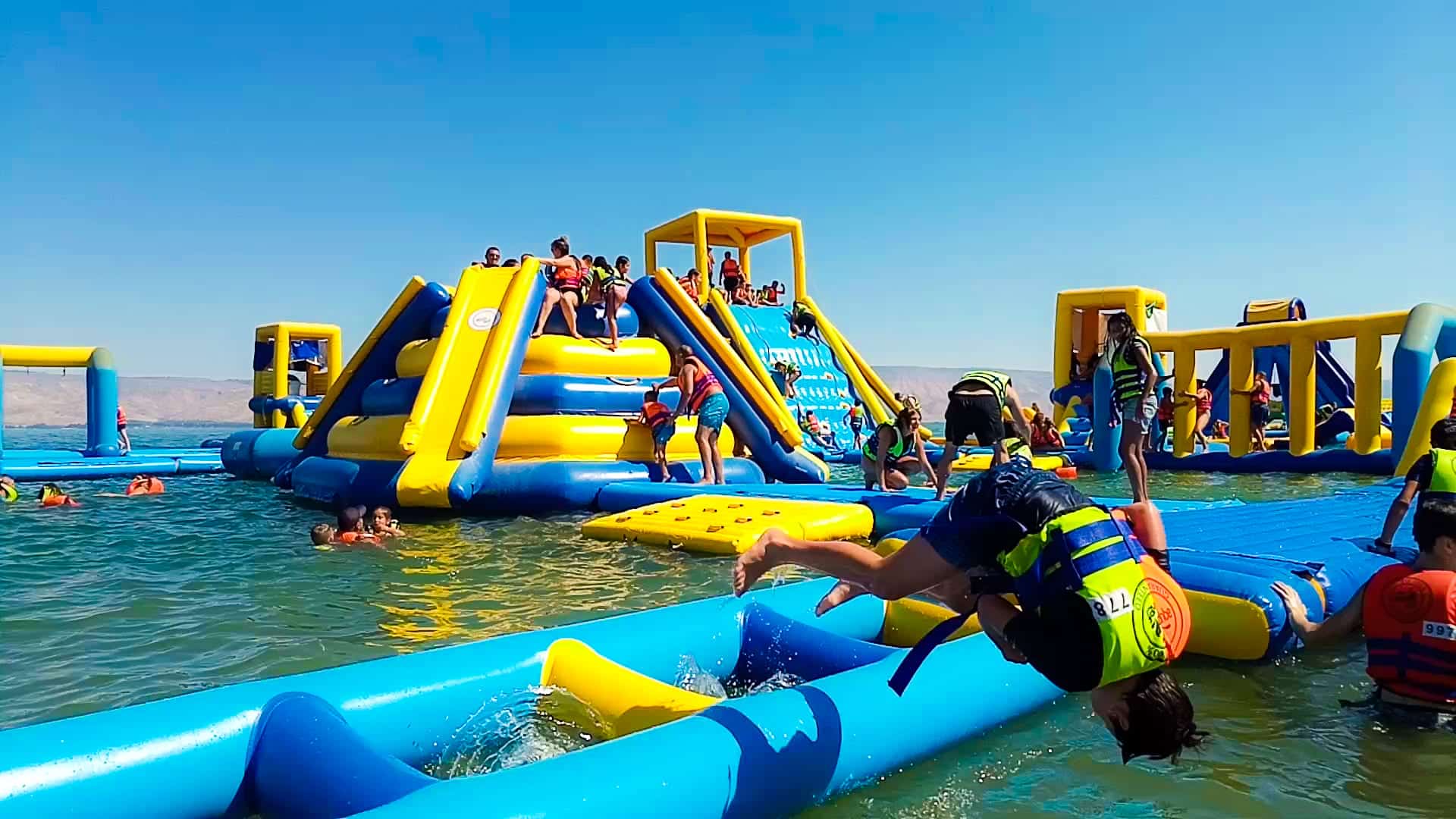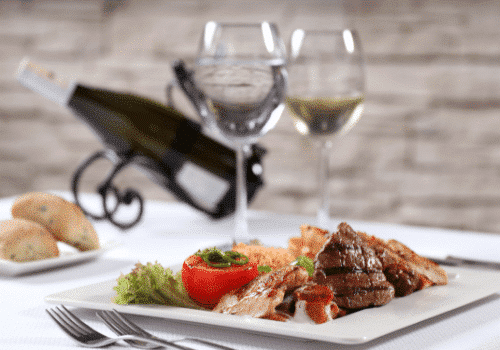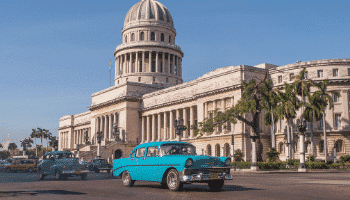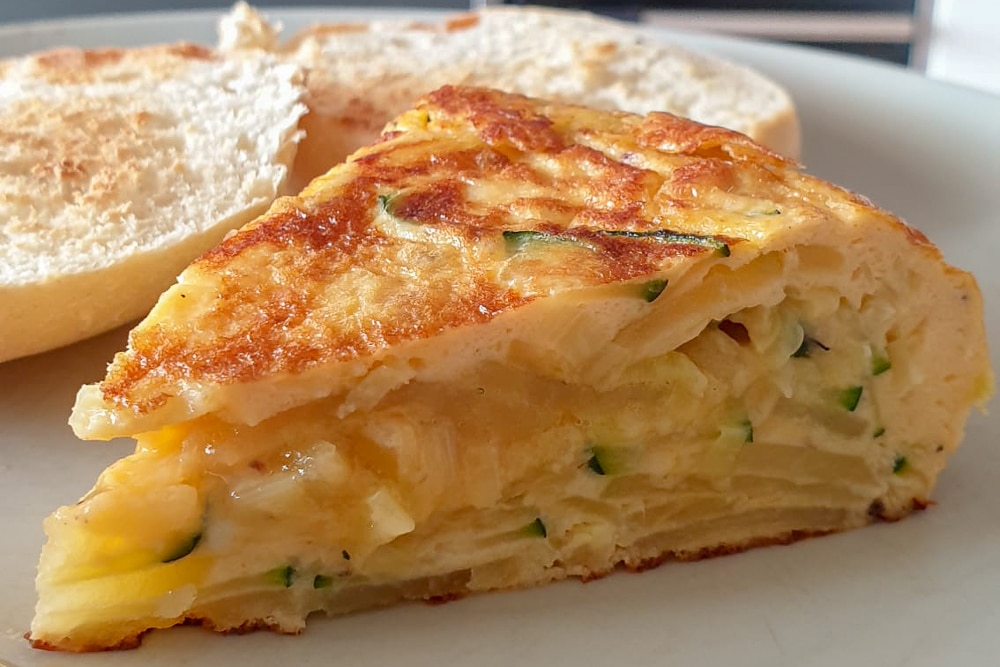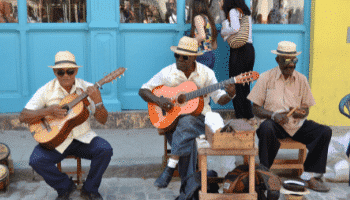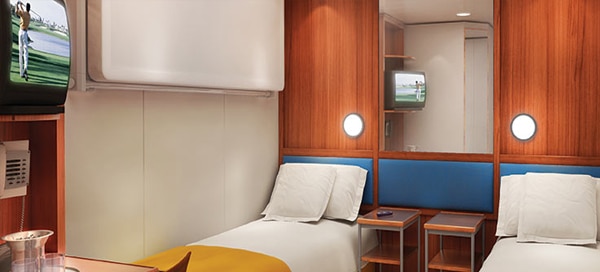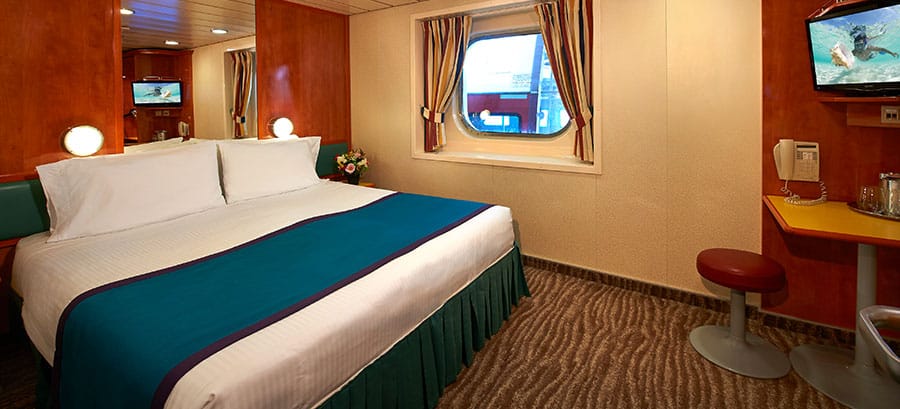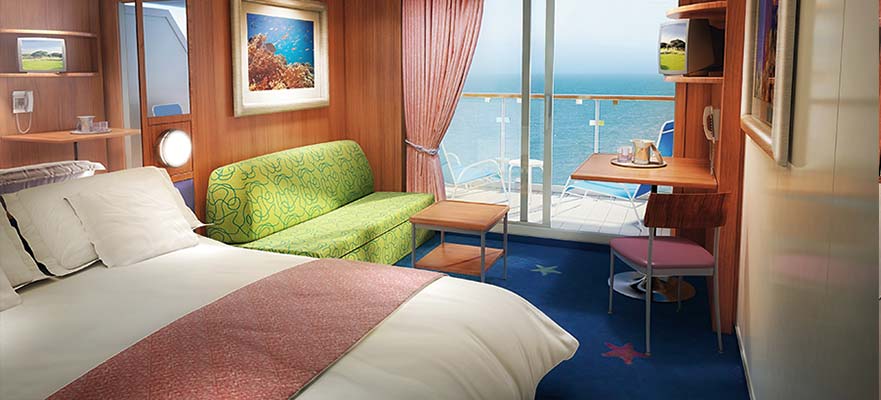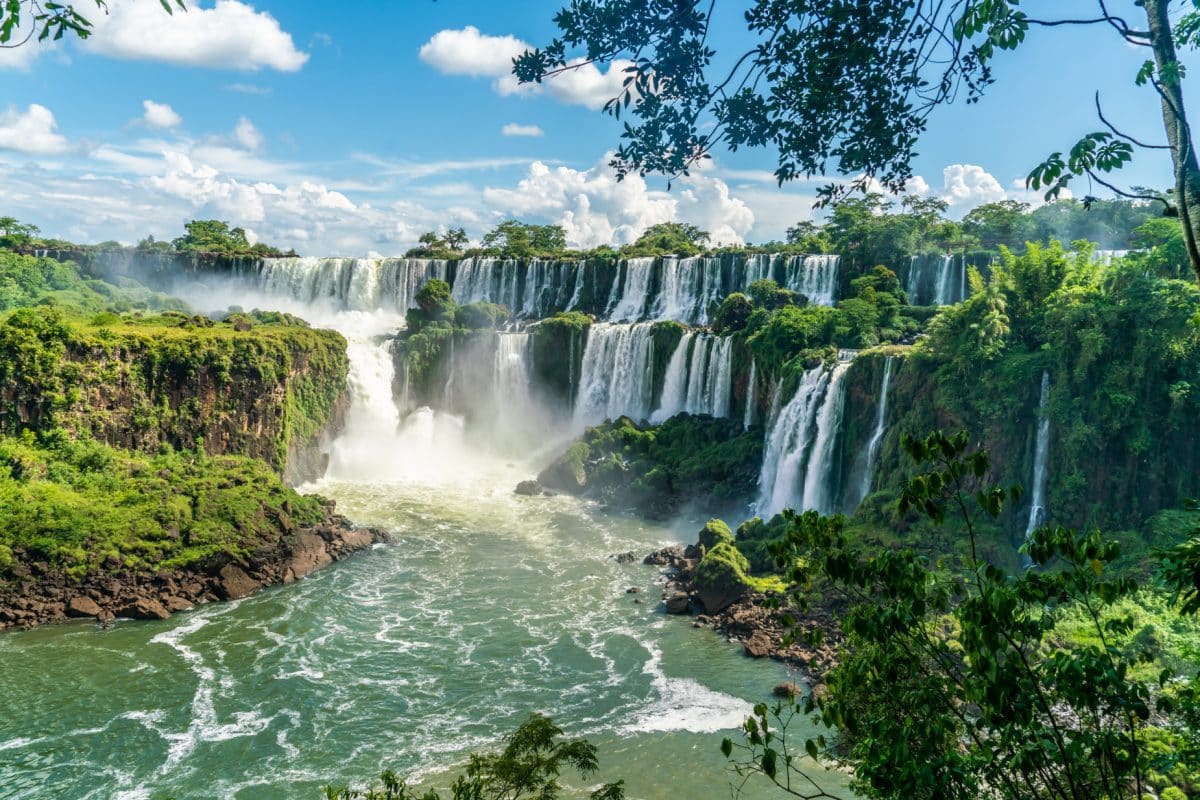Includes:
- All local and regional flights on scheduled and charter airlines in economy class.
- All Kosher meals are self supervised, and made in new sets of equipment in separated kitchens( ie not in the main non kosher kitchens of the lodges), local soft drinks and house standard beverages, and standard inclusion activities are included.
- Experienced English-speaking guides and safari rangers.
- Accommodation on a double bed basis, sharing in top quality rooms. Room categories as stated in the itinerary.
- All tourism, and government taxes.
Excludes:
- Your international flights into Johannesburg and out of Johannesburg South Africa.
- U$100 per person per night conservation levies x 4 nights in Lower Zambezi national park.
- Optional Livingstone island experience at Victoria Falls, at $195 per person.
- Any premium drinks, eg imported spirits/ Kosher wines
- Staff tipping USD 20 per day
- A similar direct tip of USD20 per day for your dedicated driver, or safari ranger .
- A freelance Mashgiach at U$ 200 a day plus his accommodation, transport and flight costs to and from Zambia, if self supervision is not your preference.
- Currently, no visas are required for South Africa or Zambia for USA citizens.
Currency
The currency is the Rand, which is divided into 100 cents. There are R200, R100, R50, R20 and R10 notes. Coins come in R5, R2, R1, 50c, 20c, and 10c.
Banking
Banks are found in most towns and are generally open from 09h00 to 15h30 on weekdays and 08h30 to 11h00 on Saturdays (Closed Sundays and Public Holidays). Most of them offer foreign exchange services – with cash, bank & credit cards as well as travellers cheques. You can also obtain cash from automatic teller machines (ATMs). Several international banks have branches in the main city centres. Always advise your bank that you are travelling outside the country as they might block your purchases if they are not informed.
TRAVEL, TRANSPORT AND GETTING AROUND
Travelling around South Africa is relatively easy by air, road and rail.
Several airlines operate domestic routes with regular links between Johannesburg, Cape Town, Durban, George, Nelspruit and Port Elizabeth and relatively frequent flights to several smaller towns and cities too.
An extensive tarred road system makes travelling in South Africa by vehicle convenient and easy. You will find gravel roads in rural areas though. Please note that a valid international driver’s licence is required. We drive on the left-hand side of the road. Most global car hire firms have branches in South Africa.
Another means of getting around South Africa are inter-city bus services. Metrobus buses are available for in-city transport. Metered taxis can be ordered and e-hailing services are available. There is the popular MyCityBus system in Cape Town and a hop-on-hop-off tourist bus in Cape Town and Johannesburg.
The rail system includes the long-haul, inexpensive Shosholoza Meyl Metrorail trains with more luxurious options are available. There is also the Gautrain rapid transit railway system in Gauteng Province.
FOOD, DRINK AND CUISINE ADVICE
Standards of hygiene in relation to food health and safety in South Africa, are generally high in hotels, restaurants, pubs and nightspots. Tap water in South Africa is safe to drink and cook with when taken from taps in urban areas. Not all tap water in rural areas is safe for consumption, so take precautions if necessary.
It is safe to eat fresh fruit, vegetables and salads and put ice in your drinks. South Africa’s fish, meat and chicken are of excellent quality, so there is no need to limit yourself when enjoying the local cuisine.
Restaurants are subject to South Africa’s food safety control legislation, which is implemented by local government. Regulations include certification and regular inspections by health inspectors to maintain hygienic standards.
Street food is not as common in South Africa as it is in other countries, although vendors selling traditional snacks and meals can be found in city centres and townships. Food safety in such instances cannot always be guaranteed.
CLIMATE AND WEATHER
South African temperatures, which are measured in centigrade, average at highs of 28°C to average lows of 8°C in the summer months, while winter temperatures range from 1°C at night to around 18°C during the day. Average annual rainfall is on the low side at under 500mm a year, making the country somewhat dry. Much of the rain falls in the Western Cape in the winter, differing from the rest of the country, which experiences summer rainfall. On the plus side, the South African climate boasts more than its fair share of sunshine, recording an average of 8.5 hours a day.
CLOTHING AND DRESS RECOMMENDATIONS
Summer
Bring cool, light and comfortable clothes because summer temperatures can get well into the 30 – 40 degree Celsius range in some areas. Also, bring an umbrella or raincoat during summer as this is when most of the country gets its rain, but don’t forget a swimming costume (bathing suit).
Winter
The winters are generally mild, comparing favourably with European summers. But there are days when temperatures dive, especially in high-lying areas such as the Drakensberg, so be prepared with jerseys and jackets. Cape Town gets its rain during the winter season so it’s advisable to bring rain gear along.
General
Always bring a hat, sunglasses and sunblock as the sun can be strong even in the winter months.
Walking shoes are a good idea all year-round, with warm socks in the winter.
If you are doing business in the country, business attire is generally called for in the corporate sector, but media, for example generally dress more casually.
For game viewing, a couple of neutral-toned items will be useful, but there’s no need to go overboard. A good pair of walking shoes is also advisable.
For the evening, if you are dining at an upmarket restaurant or seeing a show, smart-casual attire is recommended.
INTERNET AVAILABILITY
Most accommodation offer Wifi in their business centres, rooms or restaurants. Internet cafes are found in most business areas and shopping malls. In addition, some South African restaurants offer WiFi access.
There are also outlets such as PostNet that offer internet, fax and postage facilities.
ELECTRICITY AND PLUG STANDARDS
Electrical sockets in the Republic of South Africa are Type M (SABS-1661). If your appliance’s plug doesn’t match the shape of these sockets, you will need a travel plug adapter in order to plug it in. Travel plug adapters simply change the shape of your appliance’s plug to match whatever type of socket you need to plug into. If it’s crucial to be able to plug in no matter what, bring an adapter for all types.
Electrical sockets in South Africa usually supply electricity at 230 volts AC / 50 Hz frequency. If you’re plugging in an appliance built for 230-volt electrical input, or an appliance compatible with multiple voltages, then an adapter is all you need. A voltage converter will be necessary if your appliance isn’t compatible with 230 volts.
